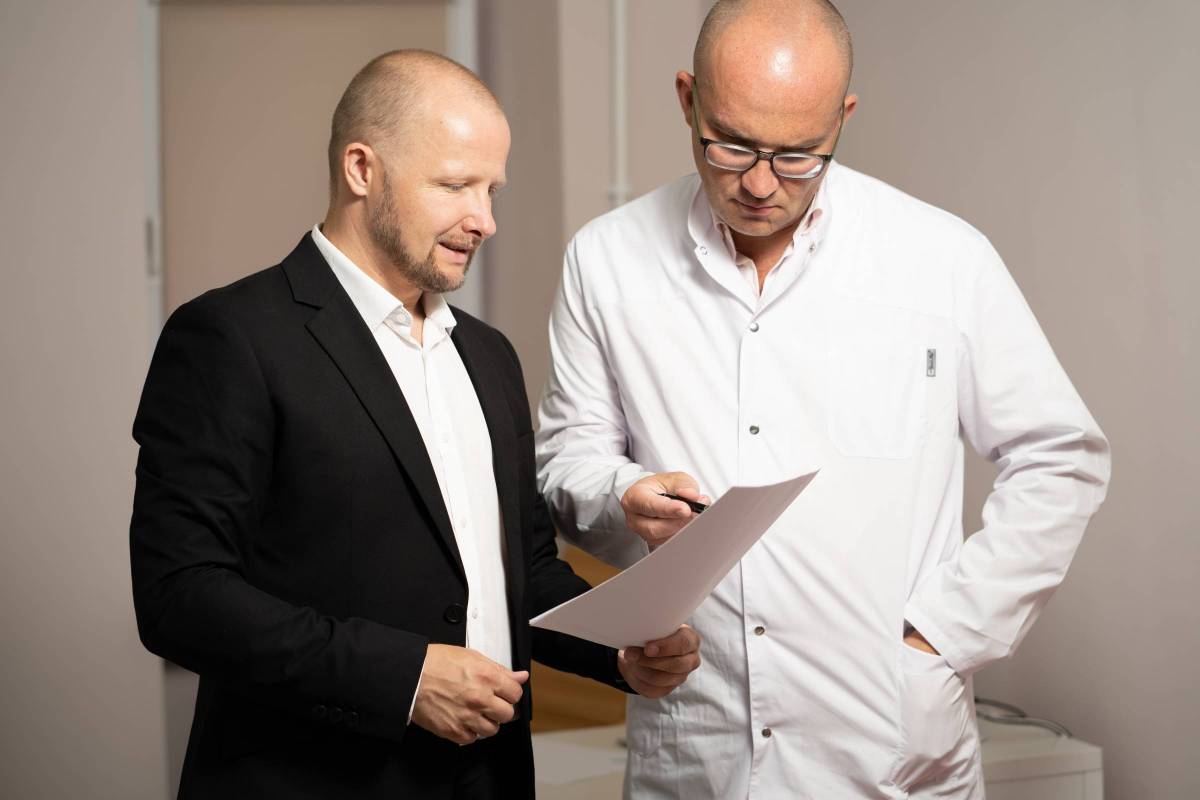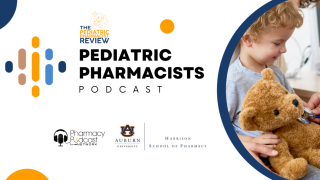Cancer Patients Benefit Differently to COVID-19 Vaccination

Researchers with Kings College of London, UK, published a peer-reviewed study in the journal Cancer Cell on October 12, 2021, that found more than half of double vCOVID-19 vaccinated blood cancer patients have been left with little protection against the disease.
The data highlight the continued vulnerabilities of blood cancer patients to COVID-19.
Data from the SOAP-02 clinical trial examined the level of immune protection following the delayed Pfizer - BioNTech Comirnaty vaccine boost in 128 cancer patients.
Although administering the second dose increased seroconversion rates (development of antibodies to the SARS-CoV-2 coronavirus) in blood cancer patients from less than 20% following a single dose to 57% of double-vaccinated patients, blood cancer patients still failed to mount an adequate immune response.
Furthermore, solid cancer patients, such as those with breast, urological or skin cancers, also showed poor responses to single-dose vaccination, with just 38% seroconversion rates.
However, unlike their blood cancer counterparts, these patients showed strong reactions to a second vaccine dose given at either three weeks or 12 weeks.
In the absence of protection typically offered by vaccination, the study authors argue the urgency of the booster program, particularly at a time of very high transmissions variants in the U.K.
Professor Charles Swanton, the chief clinician at Cancer Research U.K.K., said in a press release" "This study shows that over half of blood cancer patients are unable to mount an antibody response to SARS-CoV-2 despite being vaccinated twice, which we know is an important step in preventing severe infections."
"These results add to a growing body of evidence confirming the vulnerability of patients with blood cancers during the COVID pandemic despite being vaccinated."
"As the world begins to return to normal, we must not forget vulnerable patients like this, who will need additional approaches to reduce the risk of severe disease."
This study has also highlighted several aspects of human immunology which are possibly germane to preparedness for future pandemics.
First, the frequencies of functional (cytokine-releasing) T cell responses exceeded seroconversion rates for cancer patients who received the delayed second vaccination.
This might reflect some degree of vaccine boosting of pre-existing memory T cells induced by seasonal coronaviruses, particularly those reactive to S2 antigens. However, the protective utility of these against SARS-CoV-2 is not straightforward.
Finally, it is noteworthy that vaccine non-responsiveness in patients with cancer does not reflect broad immunodeficiencies since extremely robust recall responses were made to CEFT peptides. Instead, their responsiveness to neo-antigens seems to be particularly impaired.
Note: The study authors declared no competing interests.
Our Trust Standards: Medical Advisory Committee























